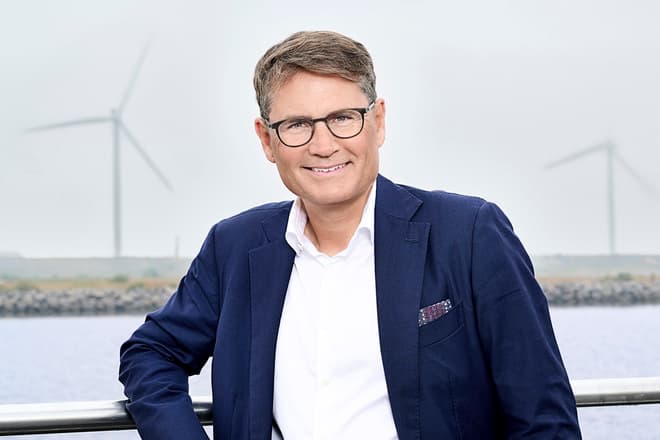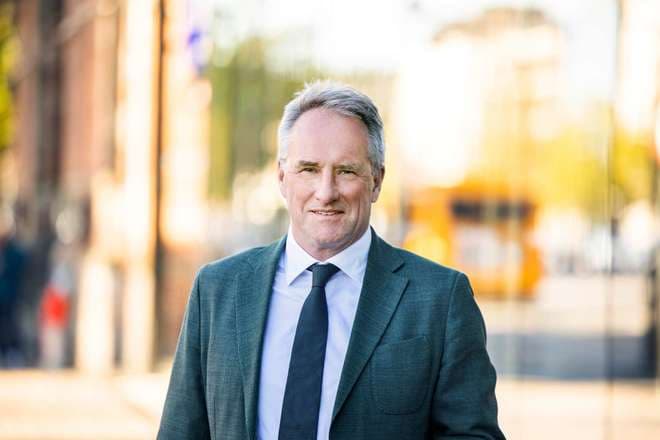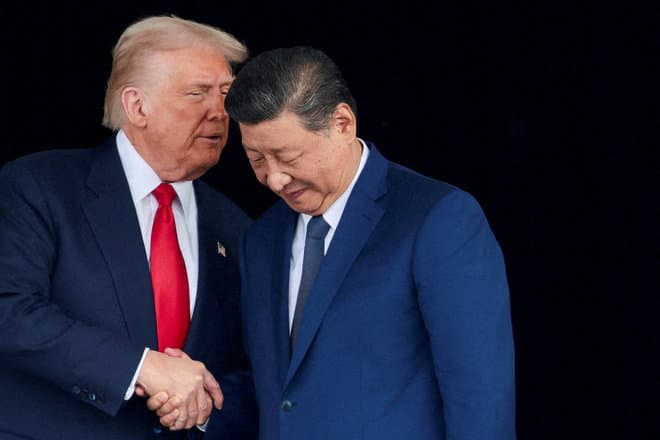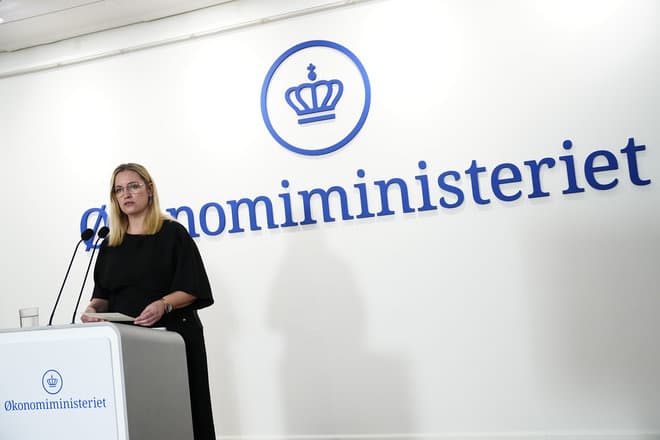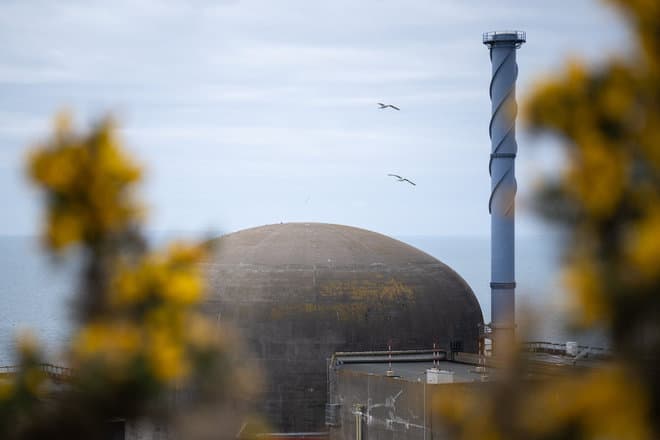
Denmark maintains its plan to get the 2040 climate target in place at a ministerial meeting on September 18. And from there, derive the 2035 climate target, which will be included in the COP30 climate summit. This is what Climate Minister Lars Aagaard (M) says ahead of the ministerial meeting in Aalborg. Thus, a vote in the EU Parliament on Wednesday will not change the Danish plans for the 2040 climate target.
- As the presidency country, Denmark has the greatest respect for the EU Parliament. It is up to the Parliament to decide who is responsible for negotiating on their side, says Lars Aagaard.
The vote in the EU Parliament on Wednesday means that the climate-critical Patriots for Europe are for the time being responsible for negotiating and formulating the EU Parliament's position on the 2040 target. The group could in theory use this position to delay the process with the climate target in Parliament.
Or alternatively use the threat of delaying the climate target to try to pressure the large bourgeois EPP group to join an agreement to lower the climate targets. According to the online media Politico, the EPP group's climate rapporteur, Peter Liese, has however opened up internally in the group for a new vote, in which the EPP group will support urgent consideration of the 2040 climate target. This would, if necessary, deprive Patriots for Europe of the opportunity to delay the process.
With the statements on Thursday, Lars Aagaard intends to focus on the process that the Danish EU presidency can influence: the work of creating agreement among the EU countries on the 2040 target. The government's focus on the pace of the process pleases the Confederation of Danish Industry (DI):
- Green transition is an area where we can act ourselves and quickly in the EU. And that's what we should do, says the Confederation of Danish Industries' climate chief, Anne Højer Simonsen.
Common target to be used for COP30
In the EU Parliament, the vote has caused concern among the Greens, among others, because the EPP group on Wednesday failed to adopt the emergency procedure and at the same time places increasing emphasis on protecting the competitiveness of EU companies.
However, the EPP group, which is the political home of the President of the EU Commission, Ursula von der Leyen, continues to support the EU's target of climate neutrality by 2050. Ultimately, the EU Parliament must say yes to the 2040 target before it is final. But Denmark, as the presidency country, does not need to wait for that.
The success criterion for Denmark will initially be whether it succeeds in getting the EU countries to say yes to the 2040 climate target at a ministerial meeting on September 18. And whether the countries there agree to derive the 2035 target, which will be sent to the UN ahead of the climate summit in Belém, Brazil in November.
If successful, Denmark can live with the EU Parliament continuing to struggle with internal political showdowns about the processes ahead of the final negotiations. Because then the EU countries will have made their position clear in September.
Ultimately, it is the 2035 target, which the EU countries themselves must adopt unanimously, that will be used at the COP30 climate summit to pressure China, the USA and other countries to do more for the climate. And that will probably be needed, states Lars Aagaard:
- When the UN has drawn up all the climate targets, I would expect that the calculation will show that we are not on track to achieve the goal of a maximum temperature increase of 1.5 degrees. That is why we need to be able to see a way forward at the climate summit in terms of closing the gap, says Lars Aagaard.
If, on the other hand, it is not possible to create consensus among the EU countries, it will be seen as a major loss of the EU's credibility in the climate field ahead of COP30.
/ritzau/
Text, graphics, images, sound, and other content on this website are protected under copyright law. DK Medier reserves all rights to the content, including the right to exploit the content for the purpose of text and data mining, cf. Section 11b of the Copyright Act and Article 4 of the DSM Directive.
Customers with IP agreements/major customer agreements may only share Danish Offshore Industry articles internally for the purpose of handling specific cases. Sharing in connection with specific cases refers to journaling, archiving, or similar uses.
Customers with a personal subscription/login may not share Danish Offshore Industry articles with individuals who do not themselves have a personal subscription to Danish Offshore Industry.
Any deviation from the above requires written consent from DK Medier.



